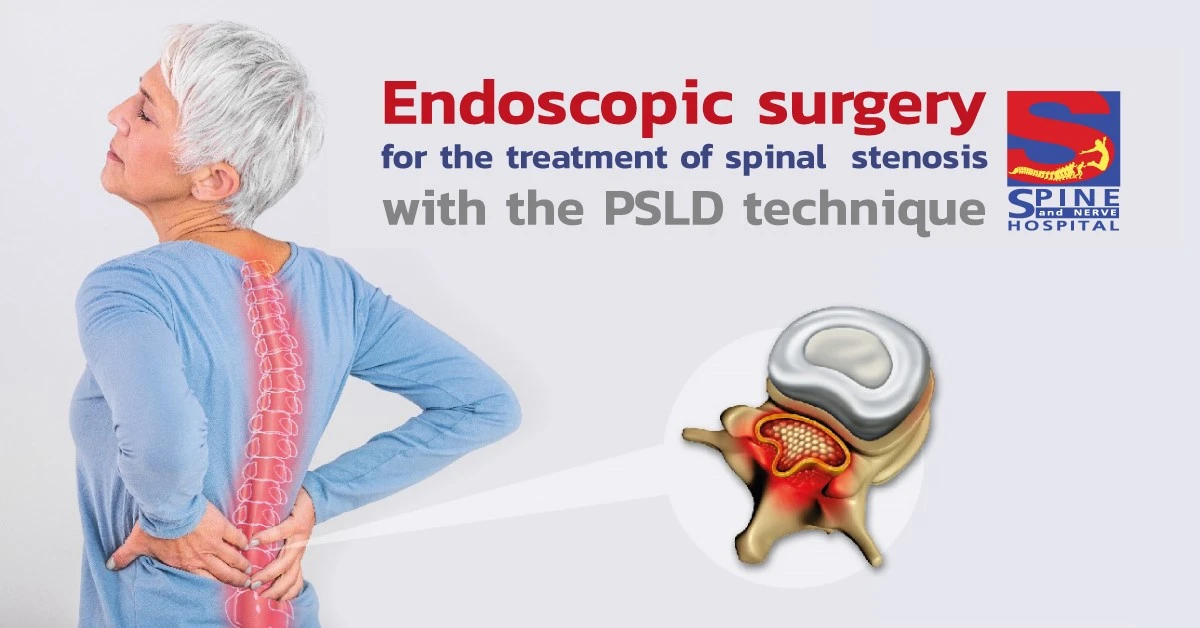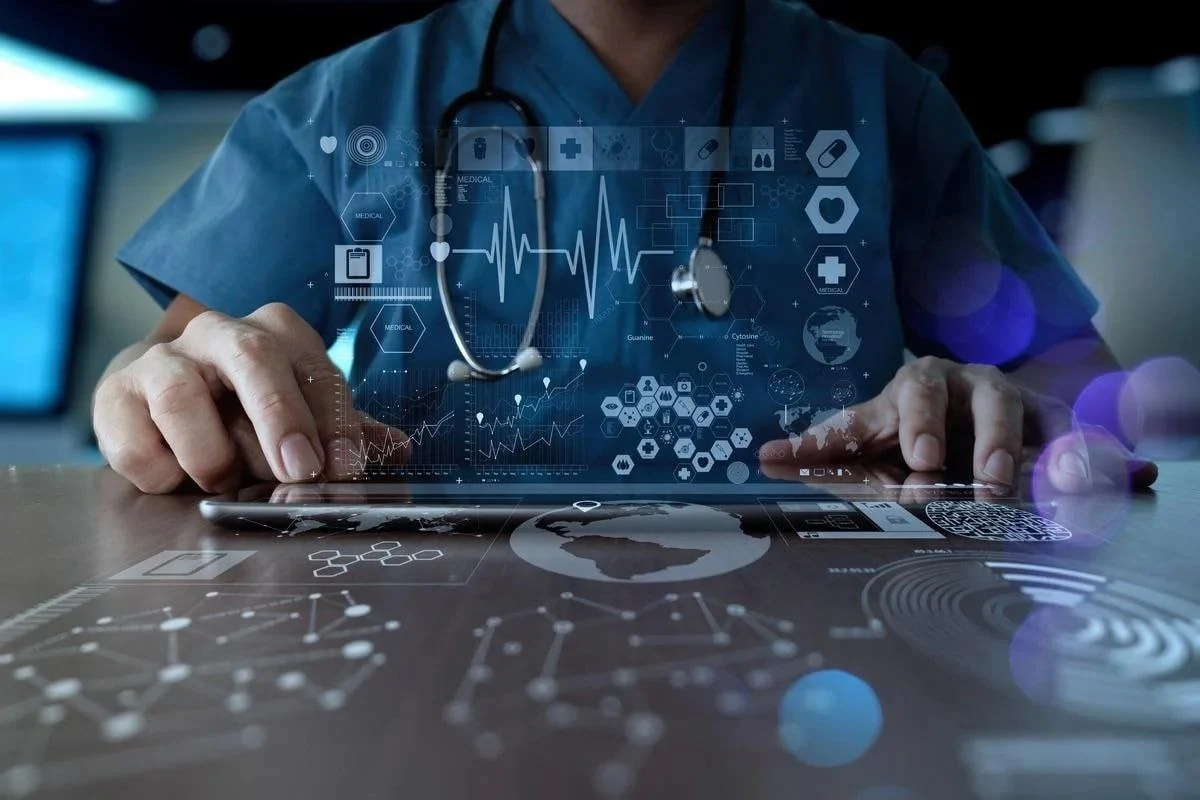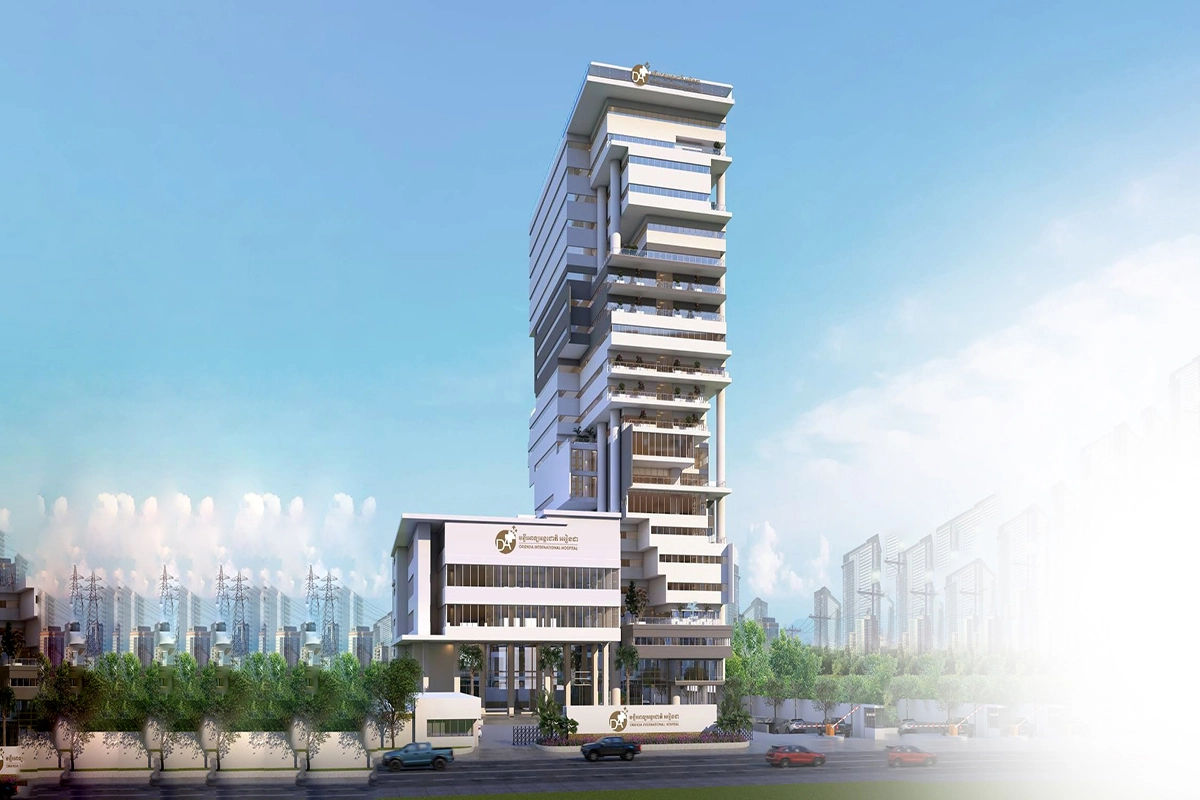
Find a Doctor
Choose by name, specialty and more.

Send an Inquiry
Ask about our treatments and services

Book Appointment
Schedule your visit online.
Back Pain Spreading to Legs

It is not uncommon for back pain to be accompanied by leg pain and that is often what brings patients to the hospital. This can be found in all age groups but is most prevalent among the working age. S-Spine and Nerve Hospital has some information to share on the most common causes of pain spreading to the legs, which if left untreated, may disrupt daily living.
Causes of Back Pain
Here are the 4 most common causes of back pain spreading to the leg.
- Infection of the lower back muscle from usage or accident may cause a severe tensing of the muscle and generate pain in the pelvis and the leg.
- Degeneration of the spine in the elderly may lead to an abnormal bone growth which may depress the nerve.
- A herniated disc injury is most often found in the working age population and is caused by a fracture of the spinal disc casing. The result symptom is chronic back pain and if the spinal disc matter protrudes and depresses the nerve located at the back of the disc, it can cause pain to spread to the leg.
- Depression on the nerve can be caused by an infection along the spine, a tumor, a spinal fracture, etc.

Bulging Disc
Most patients with bulging disc seek medical attention for leg pain or back pain and leg pain combined. How would we know if the pain is caused by a bulging disc or other factors? Leg pain caused by a bulging disc would feel like being stung by electric jolts. The bulging disc would depress the nerve at the back of the spinal cord and the ensuing pain would feel like electricity is running through the leg to the foot.
Herniated disc

Most people think that pain associated with these conditions will be located in the back but it can spread to the leg. The symptom of pain spreading to the leg is quite specific and will help the physician accurately diagnose the cause of pain. The depression of the nerve could affect the spinal nerve which links to the leg. A bulging disc will cause a sharp and sudden pain due to a severe infection.
Symptoms on the back: Pain in the lower back which can be on one side or both sides; pain would occur while sitting or while sitting hunched forward as that posture puts the most pressure on the spinal disc
Symptoms on the leg: Symptoms on the leg can present in 3 forms which are pain, numbness, or weakness of the muscle

Pain or numbness caused by a herniated disc would see pain run along the path of the nervous system from the lower back to the thigh, ankle, and foot and toes. Muscular weakness is also similar to pain and numbness in that it will happen to the muscles connected to the depressed nerve.
Causes of Herniated Disc
- Lifting heavy objects using the wrong posture
- Obesity
- Sitting in the wrong posture for long durations
- Accident and injury to spine
Origin of Pain

Back pain usually stems from an abnormality in the lumbar spinal disc (L-L5, S1).
The severity of a bulging disc depends on how much the nerve is depressed. If only a small part of the nerve is depressed, the pain could feel like little jolts of electricity to the leg or a slight numbness of the leg. If a large part of the nerve is depressed, the patient may not be able to walk.
Patients with the above symptoms should seek medical attention because leaving it untreated will just make it more difficult to address. The image below details how back pain occurs, how you can prevent back pain, and how you can alleviate back pain.
The physician who is ready to take care of you 24 hours is “yourself.”
S-Spine and Nerve Hospital offers the latest technology and innovations in the treatment of pain by our experienced team of professionals. We will diagnose the cause of your pain for an accurate and safe treatment and less recuperation time which doesn’t involve surgery so you can resume your normal daily living.
How would you know your leg pain is from a herniated disc?

The physician will carry out the diagnosis by taking down the patient’s history and conducting a physical examination. Additional tests may be needed to confirm the diagnosis such as an x-ray, a CT scan, or an MRI.
The MRI machine takes an imaging of the organs inside the body utilizing magnetic fields and radio waves to generate images of the organs. The clear images make it possible to separate normal and abnormal tissues.
Don’t want surgery? Use laser technology to treat back pain from herniated disc!

A herniated disc injury used to have to be treated only with surgery which is risky and costly.
However, advanced technology makes it possible to treat herniated disc with laser and radio waves making it unnecessary to undergo surgery and lessening the risk.
Laser treatment can treat bulging discs without the need for surgery. This treatment has become popular abroad as the patient’s chance of a complete recovery is very high.
Benefits of laser treatment
- Small incision wound
- Very safe
- Fast recovery for patients
- Hospital stay for recuperation unnecessary
- Less costly than surgery
Laser treatment has become popular abroad as the changes of a complete recovery is very high.
S-Spine and Nerve Hospital offers the latest technology and innovations in the treatment of pain by our experienced team of professionals. We will diagnose the cause of your pain for an accurate and safe treatment and less recuperation time which doesn’t involve surgery so you can resume your normal daily living.

S-Spine And Nerve Products

Endoscopic Surgery For The Treatment Of Spinal Stenosis With The PSLD Technique
Spinal stenosis is one of the major causes of back pain. The disease is caused by a condition in which there is a narrowing of the vertebral cavity, which is the passage of nerves. Narrow stenosis may occur only at one
Read More >
Relieve The Discomfort Of Cervical Spine Pillow Syndrome Caused By Compressed Nerves Using The PSCD Technique.
Have you ever experienced neck pain or pain at the back of your head? Do you also have symptoms such as pain radiating down your arm, a headache at the back of your head, numbness in your fingers, and weakness due to compression of the cervical nerve?
Read More >Health Tips

Neck Nape Pain, The Beginning Of Cervical Spondylosis

Adjusting Phone Usage Position To Avoid Neck Pain































